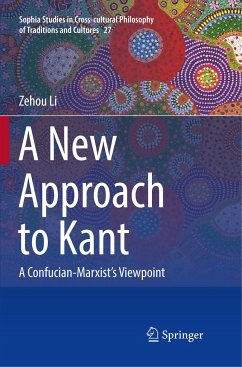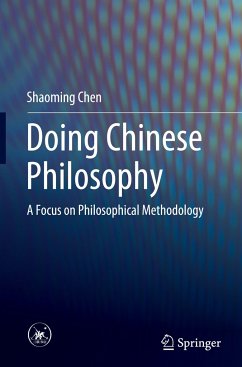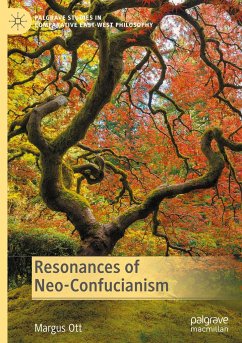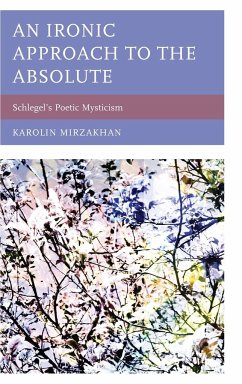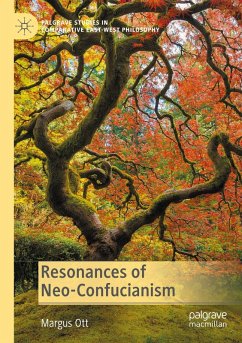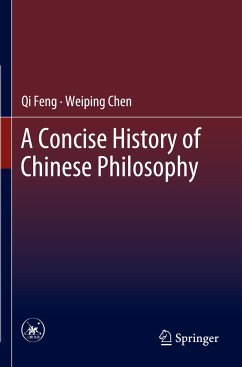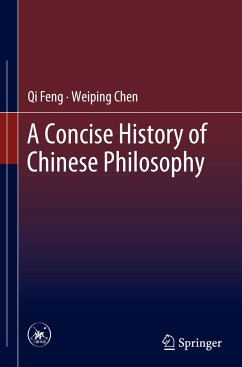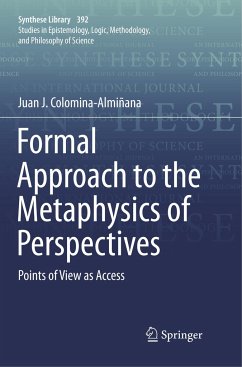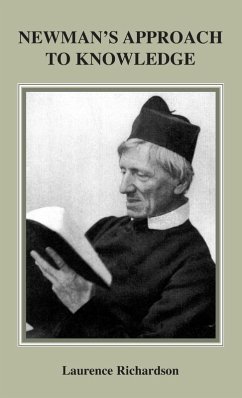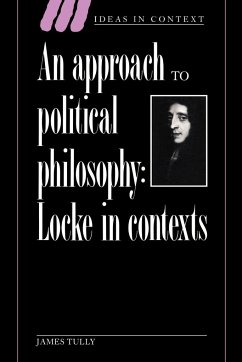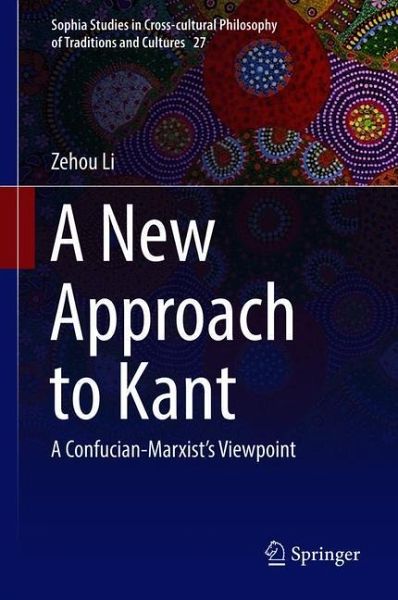
A New Approach to Kant
A Confucian-Marxist's Viewpoint
Übersetzung: Allen, Jeanne Haizhen; Ahn, Christopher
Versandkostenfrei!
Versandfertig in 6-10 Tagen
91,99 €
inkl. MwSt.
Weitere Ausgaben:

PAYBACK Punkte
46 °P sammeln!
Originally written during the Cultural Revolution, this book introduces and interprets Kant's critical philosophy through the lens of its author Li Zehou's own philosophical approach: anthropological historical ontology. Li argues that the process of human development begins with and is shaped by the practical material activities associated with making and using tools in primitive societies. Over millions of years, these ever-evolving practices accumulate and become sedimented into archetypical forms that shape history, social relationships, and human psychology. Li's views draw upon Marx's th...
Originally written during the Cultural Revolution, this book introduces and interprets Kant's critical philosophy through the lens of its author Li Zehou's own philosophical approach: anthropological historical ontology. Li argues that the process of human development begins with and is shaped by the practical material activities associated with making and using tools in primitive societies. Over millions of years, these ever-evolving practices accumulate and become sedimented into archetypical forms that shape history, social relationships, and human psychology. Li's views draw upon Marx's theory of practice and, as those familiar with his work will recognize, his reinterpretation of Confucian thought with its emphasis on material life and worldly existence. Beginning with the assumption that the question at heart of Kant's philosophy is "What is the human being?" Li offers a highly original answer by arguing that the root of Kant's "transcendental" knowledge, universal forms, moral autonomy, and aesthetics can be found in the practical and social activities associated with tool-making. Li offers a new reading not only of Kant but of modern European philosophy, including Hegel and Marx, that forces us to rethink our understanding of the relation between individuals and communities and challenges us to ask ourselves how we can best achieve both harmony and freedom in our shared human future.



